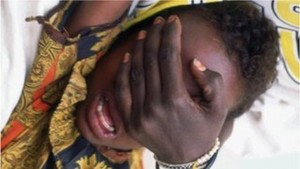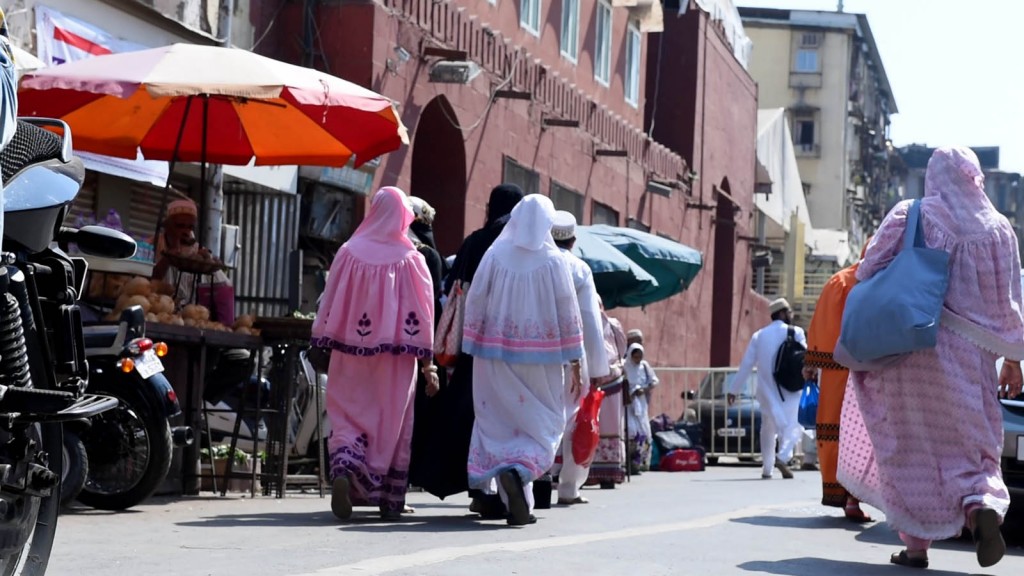If Viola Chebet could turn back the hands of time on one event in her life, the 28-year-old mother of three knows exactly where she would go.

The day she was “circumcised” in order to conform to the cultural demands of her Sabiny community in Bukwo district. That day came seven years ago, by which time she had already delivered two of her children. According to Chebet, that day changed the way she felt and viewed sex.
“I no longer miss a man sexually,” she says. “I don’t think about sex since sex [starts in] the head.”
Chebet is just one of about 80 per cent of married women in the Sebei sub-region whose genitals have been cut in a dehumanising practice known as female genital mutilation (FGM).
“I hate it,” she says of female circumcision. “It hurts. I hate it.”
FGM is a procedure that causes the victim to take little if any pleasure in sexual intercourse; and many report a familiar problem in the bedroom: ‘katit ngat’ — a word that translates to English as ‘frigidity’ in bed.
My trip to Sebei came at a time when the world was commemorating the International Day of the Girl Child under the theme ‘Let Girls Be Girls’ in a fight to accelerate the abandonment of FGM.
The trip also coincided with the start of the circumcision (locally known as “wonsetap koruk”) season in the Sebei districts of Kapchorwa, Bukwo and Kween, which happens towards the end of every even year.
Other communities that practice FGM in Uganda are in the districts of Nakapiripirit, Moroto and Amudat in north-eastern Uganda where the Sabiny, Pokot, Tepeth and Kadam people live.
The World Health Organisation (WHO) classifies FGM into four primary types, each of which can have different effects on survivors’ sexual reproductive health and comfort.
These include clitoridectomy, which is at least partial removal of the clitoris plus removal of the labia minora; and infibulation, which involves narrowing the vaginal opening by cutting and repositioning the labia (sometimes by stitching) with or without removing the clitoris.
Others involve any harmful treatment of the female genital area, including but not limited to, piercing, incising or cauterizing. We found Chebet in Kapsarur town hall in central Bukwo district, where a group of women had gathered to talk about their post-FGM sexual experiences.
“So, what’s the solution to frigidity?” asks one woman. “Pretend,” one voice calls out bullishly, before another adds: “What’s gone is gone.”
The gathering was part of a United Nations Population Fund (UNFPA) reproductive health project, which focuses on educating Sabiny women about the adverse effects of FGM.
The major effect, according to Ruth Kisa, a health worker at Talepa health centre II in Bukwo town, is that most circumcised women do not enjoy intimate relations with their spouses.
Kisa says some women who have undergone FGM report that they feel a lot of pain during intercourse and others simply find sex boring or mildly unpleasant.
Henry Ekea, 23, who says he has had a chance of sexual intercourse with both circumcised and uncircumcised women, says he has had problems trying to enjoy sex with the former due to their frigidity.
CULTURAL, GENERATIONAL CLASHES
FGM in Sabiny sub-region is a long-standing cultural practice, which continues for reasons that vary from place to place and heritage to heritage. The main intention in the past was to enforce fidelity and chastity among women. It was also believed to be a rite of passage into womanhood.
According to Amos Kiprop, 64, the practice is generally tied to beliefs about acceptable sexual behaviour. He says it was meant to deter promiscuity and strip women of erotic desire or, potentially, enjoyment.
Kiprop says a woman who is not cut is not recognised as a woman but as a girl, even if she got married. Such a woman would be forbidden from certain community functions such as accompanying her husband to public functions, gathering grain from a granary, picking cow dung from a father-in-law’s kraal and denied leadership positions.

